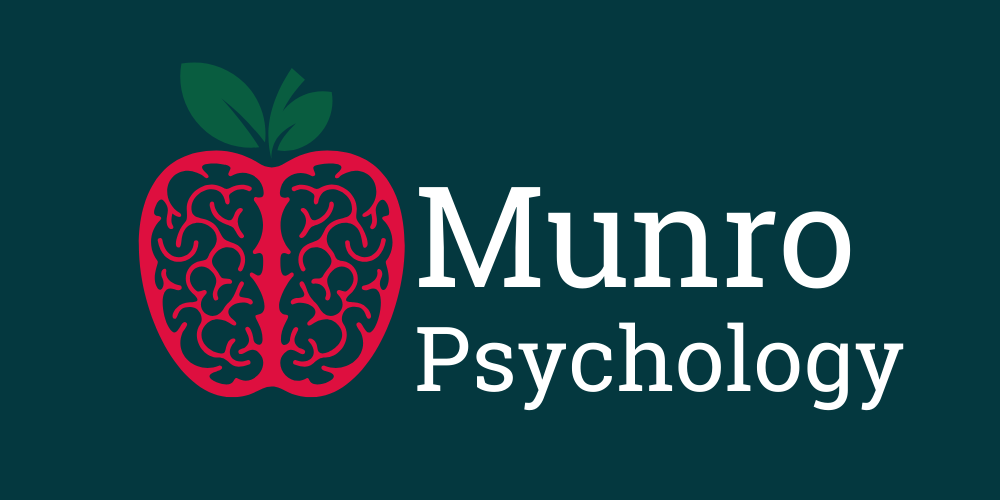FAQ
-
What kinds of assessments do you offer?
I assess for dyslexia, ADHD, autism, and other learning differences. I also look at memory, processing speed, and problem-solving, with practical recommendations for work, study, and daily life.
-
What is neurodiversity?
Neurodiversity is the idea that there’s no single “right” way for a brain to work. People naturally vary in how they process information, solve problems, focus attention, and interact with others. Differences like dyslexia, ADHD, and autism are part of this diversity - not deficits to be “fixed,” but variations that come with unique strengths and challenges.
Understanding your neurodiversity can make it easier to find strategies, environments, and supports that work for you.
-
What is an Educational Psychologist?
An Educational Psychologist is trained in how people learn, think, and develop - across all ages. My role blends psychology and education to understand how cognitive, emotional, and environmental factors affect learning and wellbeing.
I use evidence-based assessments and interventions to identify barriers and strengths, then work with you (and sometimes your workplace or school) to make practical changes.
-
When should I seek support?
It might be time to reach out if you:
Have always found reading, writing, maths, focus, or organisation harder than others
Feel like you have to work much harder than your peers to keep up
Have never had a clear explanation for your learning challenges
Want to understand your strengths and use them more effectively
Need evidence for workplace or study accommodations
Early or late, it’s never too soon — or too late — to understand how you learn.
-
How does the assessment process work?
The process usually involves:
1. Initial consultation: to talk about your history, current challenges, and goals.
2. Assessment sessions: using standardised tools for cognitive, learning, and/or attention measures.
3. Feedback session: explaining results in plain language and answering your questions.
4. Written report: outlining your profile, strengths, challenges, and practical recommendations for work, study, and daily life.
-
Will an assessment help me get workplace or study accommodations?
Many workplaces, training providers, and tertiary institutions use formal assessments to guide reasonable accommodations. This can include things like extra time for tasks, assistive technology, changes to your workspace, or adjustments to instructions and deadlines.
Your assessment report will outline the specific supports most likely to help you thrive.
